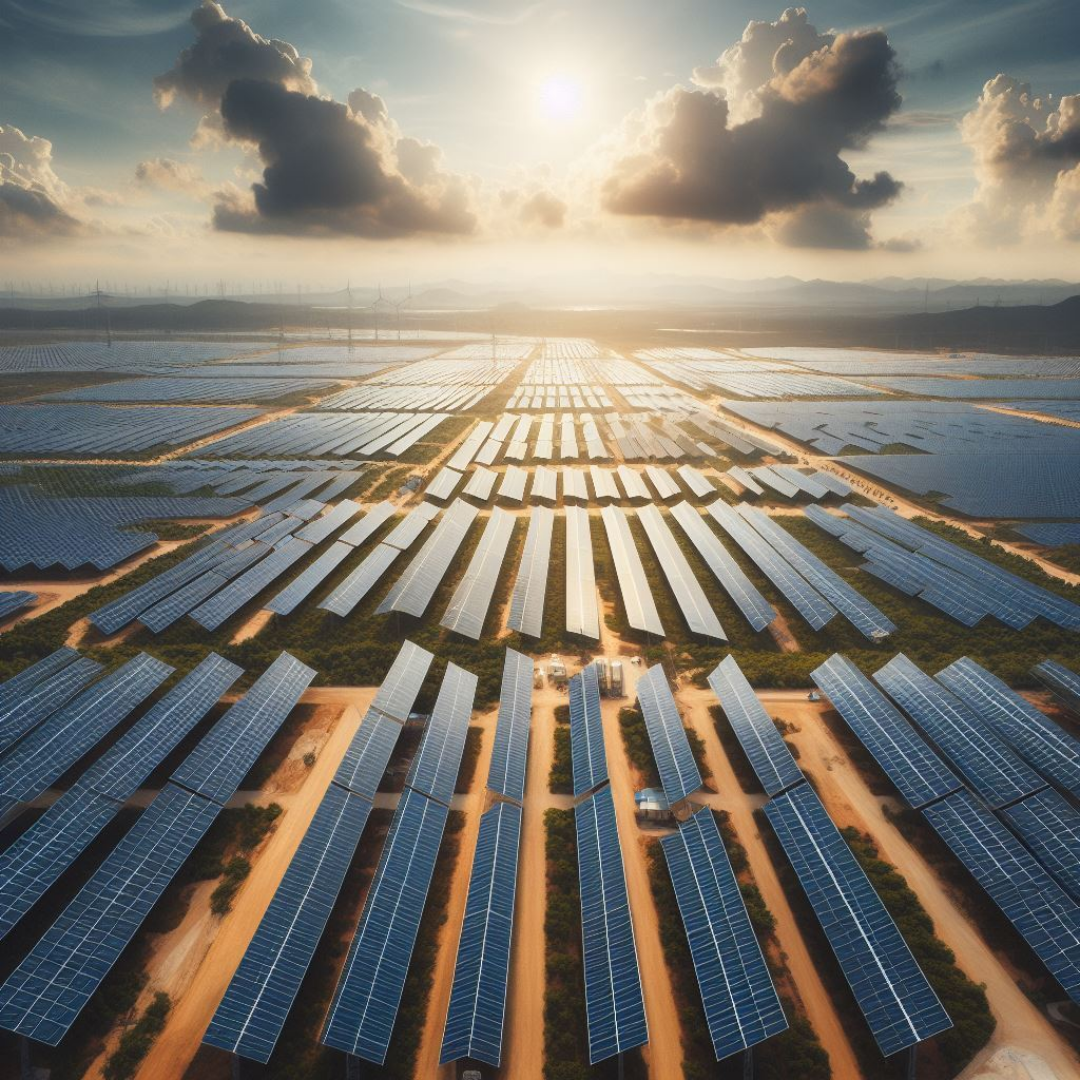Ministry of Investment, Trade, and Industry disclosed that a total of $8.6 B in investments has been pledged, focusing on aerospace, logistics, and renewable energy sectors.

During Prime Minister Anwar Ibrahim’s state visit to Abu Dhabi, the Malaysian government announced a landmark collaboration with the UAE to establish a renewable energy capacity of 10 GW by 2025. This ambitious initiative was unveiled alongside a series of investment agreements witnessed by the Malaysian premier during his two-day trip.
Accompanying Prime Minister Ibrahim were Malaysian Foreign Minister Zambry Abdul Kadir, and Investment, Trade and Industry Minister Tengku Zafrul Abdul Aziz. The Ministry of Investment, Trade, and Industry disclosed that a total of $8.6 billion in investments has been pledged, focusing on aerospace, logistics, and renewable energy sectors.
A pivotal component of these agreements is Abu Dhabi Future Energy Company PJSC (Masdar) committing up to $8 billion for the development of renewable energy projects in Malaysia, with a capacity of 10 GW, as stated by the ministry.
Additionally, the Malaysian Investment Development Authority and the UAE International Investment Council have fortified their collaboration to bolster sustainable economic cooperation between Malaysia and the UAE.
Emphasizing the significance of renewable energy and low-carbon solutions, the Malaysian investment minister stated, “These initiatives lie at the core of Malaysia’s new target investments.” This strategic partnership is poised to propel Malaysia towards pioneering technologies that prioritize low-carbon, green manufacturing, and circular economy solutions, highlighted Tengku Zafrul.
Malaysia has set forth ambitious objectives for its energy transition, outlined in the Malaysia Renewable Energy Roadmap. The government’s aim is to meet 31 percent (13 GW) of the nation’s energy requirements by 2025 and escalate to 40 percent (18 GW) by 2035. In May, the Ministry of Economy affirmed its commitment to elevate renewable energy capacity to 70 percent by 2050.
To achieve this target, a tenfold increase in capacity from 2023 to 2050 is projected, requiring an estimated investment of $143 billion in grid infrastructure, energy storage, and network operations, according to government estimates.
Malaysian experts regard the UAE, a prominent oil producer that has transitioned into a leader in renewable energy and green hydrogen technologies, as a natural ally in achieving their energy transition goals. Adib Zalkapli, director at advisory firm BowerGroupAsia, stated, “This is the government putting the plan into action… Partnerships are vital to achieve such ambitious goals.”
Over the past decade, the UAE has taken significant strides in climate action, emerging as a regional frontrunner in environmental performance. With substantial investments in clean energy sources and hosting the International Renewable Energy Agency headquarters, the UAE is steadfast in its commitment to sustainable practices.
Shahriman Lockman, senior analyst at the Institute of Strategic and International Studies Malaysia, noted, “The UAE probably sees Malaysia as a natural partner here. This seems consistent with the UAE’s emphasis on positioning itself as a responsible steward of the environment.”